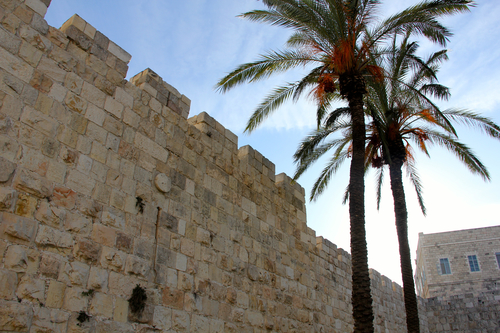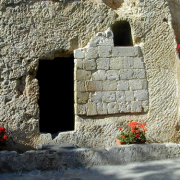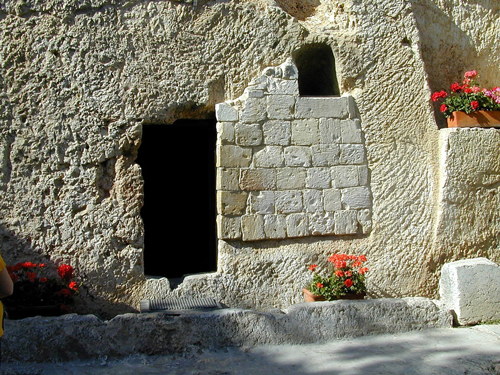What to Expect Next
Dear Pastor, Preacher, or Bible Teacher –
I hope you had a great “Empty Tomb Day” – we probably won’t experience another one like that in our lifetime!
For so many pastors, preachers, and Bible teachers, they have never reached so many people before on a Resurrection Sunday. Instead of reaching them at a “regular” Easter Sunday service, they have reached out online and in other ways. It’s amazing how this strange season has led to tremendous opportunity.
Here’s a quick thought from Psalm 62:5:
My soul, wait silently for God alone,
For my expectation is from Him.
Psalm 62:5

In Psalm 62, David beautifully declared his trust in God alone. David spoke to himself (a good thing to do), telling his soul to submit to God. Then, Davide expressed the same thought in a different way: my expectation is from Him.
Dear pastor, preacher, or Bible teacher – this is the heart we need right now. In this season where we really don’t know what to expect next, we need to say, my expectation is from Him.
God has surprised us thus far, and there may be many more surprises to come. But when our expectation is from Him, we will never be disappointed.
Here’s a great prayer: “Lord, I often don’t know what to expect. Today I surrender all my expectations to You, and I agree with what David said in Psalm 62:5: my expectation is from You. I believe that what You have for me is better than whatever I could expect apart from You.”
That’s a great expectation.
Blessings to You in Jesus’ Name – David Guzik
Click Here to Receive Email from David for Pastors, Preachers, and Bible Teachers








